There is an old gardening saying that to grow a great plant you need to put a 50c specimen into a $5 hole. This is certainly true of planting trees where the success begins with the ground. Digging the right size hole is crucial to getting your new tree off to a flying start.
Types of Fruit Trees to Plant in Perth
There is a wide range of fruit and nut trees which are well suited to Perth's Mediterranean climate.
Here are some examples of the fruit and nut trees that you can grow in Perth:
Apple
Pear
Cherry
Apricot
Orange
Mandarin
Kumquat
Lime
Nectarine
Peach
Black Sapote
Avocado
Walnut
Carob
Chestnut
Plum
Guava
Loquat
Fig
Macadamia
Lemon
Almond
Pistachio
Kiwi
Feijoa
Pomegranate
Mango
Olive
Quince
When to Plant a Fruit Tree in Perth
Autumn and Winter are the best seasons to plant trees in Perth to allow the tree to enjoy as much rain as possible to set it up for the hot summer ahead.
A young fruit tree will continue to need regular hand watering throughout its first couple of Summers to survive Perth's hot conditions.

Where to Buy a Fruit Tree in Perth
We recommend purchasing fruit and nut trees from a local nursery or small independent garden centre where you can access expert advice and great customer service.
There's a wide range of wonderful independent fruit tree nurseries in Perth including:
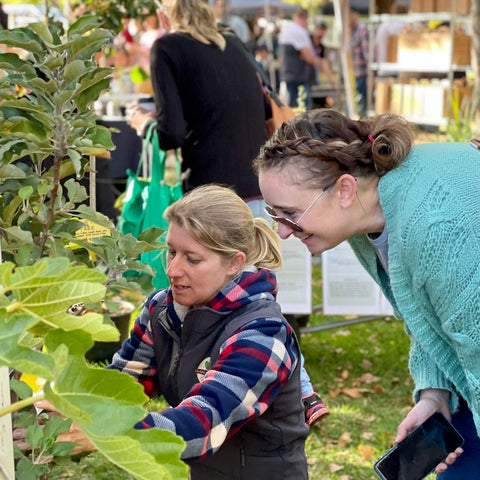
Thrive Sustainability - Chittering
Fruit Tree Man - Midland
Wandilla - Wattle Grove
Guildford Garden Centre - Guildford
Dawsons - Forrestfield, Swanbourne and O'Connor
Tass1Trees - Middle Swan
Zanthorrea - Maida Vale
It is also worth checking out farmers markets, Gumtree, and local garden events to source good quality trees from backyard growers.
Top Tips for Tree Planting
As well as adding beauty and shade to your home, a fruit or nut tree should also be productive, bearing delicious fruit.
Here are our top tips for tree planting success:
1. Choose your tree carefully
Select a species of tree which is well adapted to survive local conditions.
Observe the conditions in your garden and do some research to select the best match for your own microclimate.
Select the position for your tree, considering surrounding plants, landscaping and buildings. Be sure to allow enough distance for roots to spread as the tree grows without affecting the foundations of garden structures or buildings.
For fruit and nut trees, you need to check whether the species is self pollinating or if a second tree is needed to promote cross pollination and the production of fruit.
A good local garden centre should be able to offer advice about tree selection specific to your conditions.
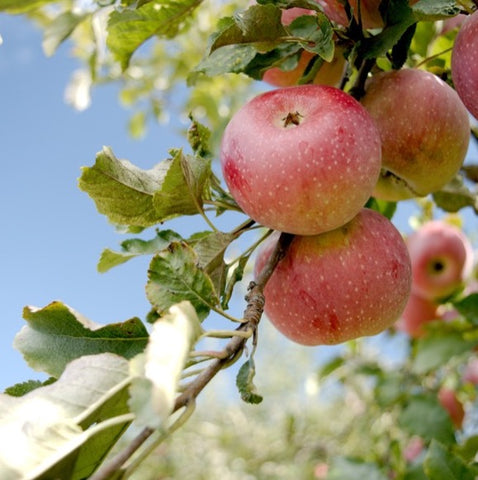
2. Dig a big hole!
Dig a hole that is approximately twice the depth and width of the pot the tree came in.

3. Improve the soil
Mix the soil that you have dug out with appropriate soil amendments and improvers such as humus based compost and composted manure. 1-2kg of rock dust should be added to the mix to stimulate microbial growth and supply nutrients and minerals. The easiest way to do this is in a wheelbarrow. If your soil is very sandy, consider adding some clay such as Coastal Cure.
4. Place the tree
Carefully place the tree into the hole so the trunk of the tree sits at the same level as it did in the pot. For larger trees, consider the shape and distribution of the branches and turn the tree to show off its best assets.
5. Add water
Once the tree is in place, put a gently trickling hose into the hole. Use the soil mixture from your wheelbarrow to back fill the hole. Aim for a nice muddy mixture around your tree to give it a really deep watering to start with, and eliminate any air pockets around the roots.
6. Create a shallow basin around the tree
This holds water and reduces run off - it is especially important in heavier soils such as Perth Hills clay.
7. Mulch well
Adding a mulcharound the base of a new tree helps to retain moisture and also provides additional nutrients to the tree.
8. Water with Seaweed Solution
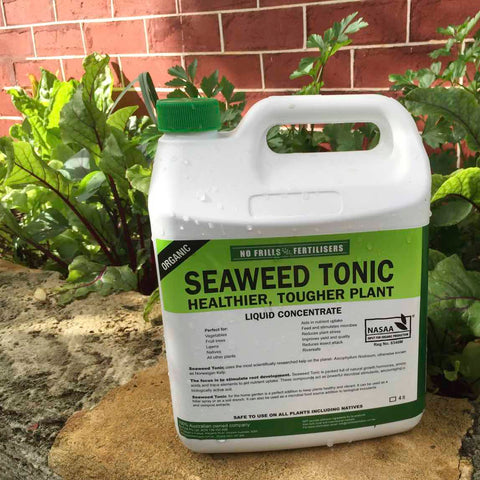
Applying a tonic of seaweed solution helps to stimulate root development, reduce plant stress and guard against transplant shock. Alternatively, you could add powdered kelp into the soil mix before back filling the hole.
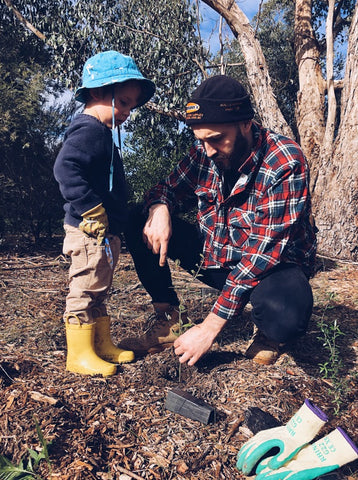
We would love to know what trees you are planting and your top tips for success. Let us know in the comments or share your photos on social media tagging #urbanrevolution.

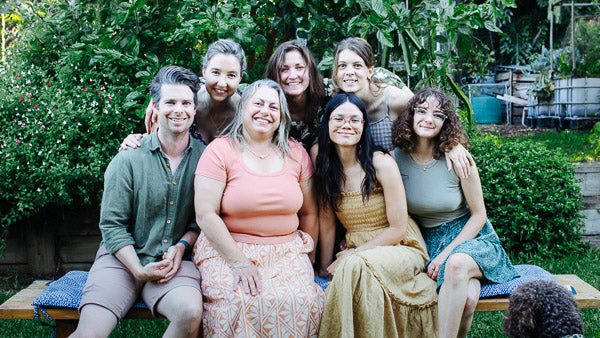
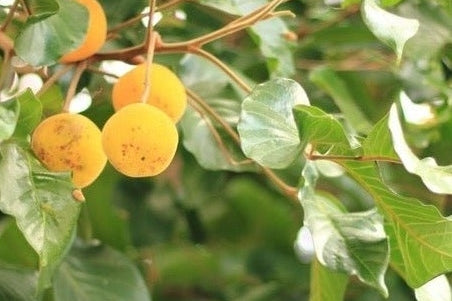
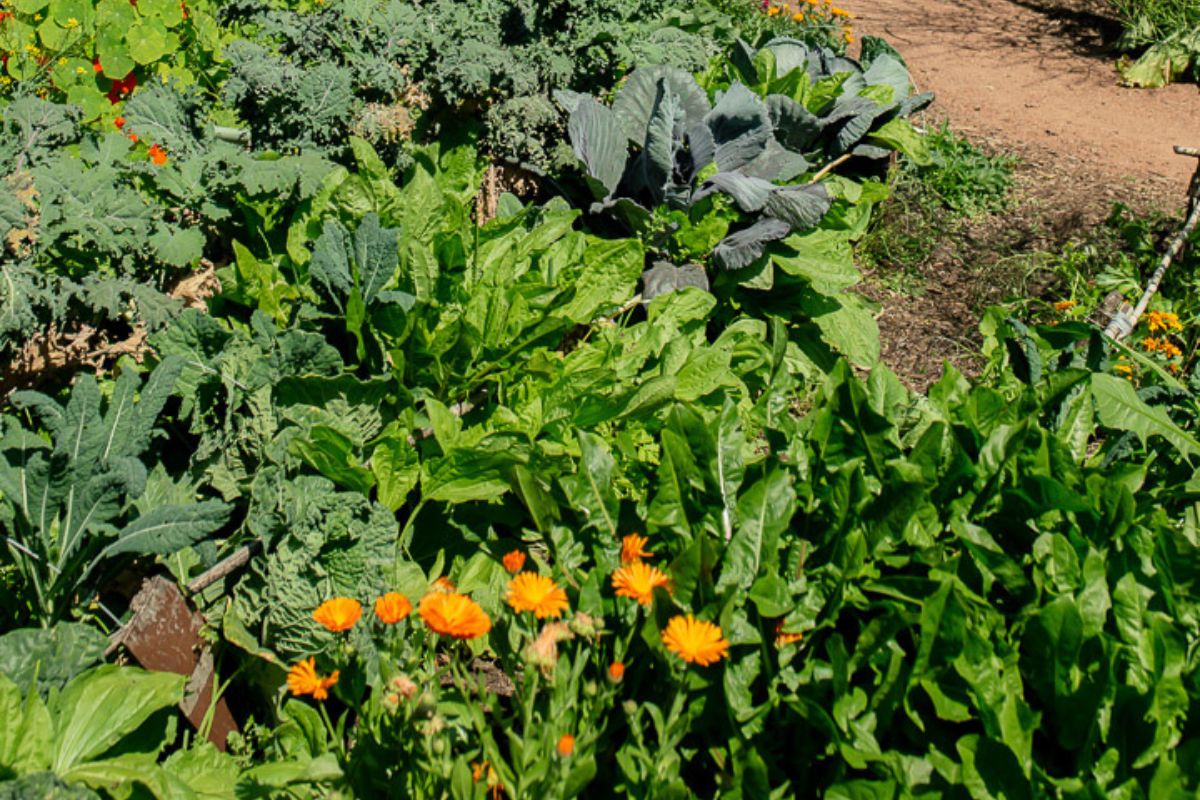
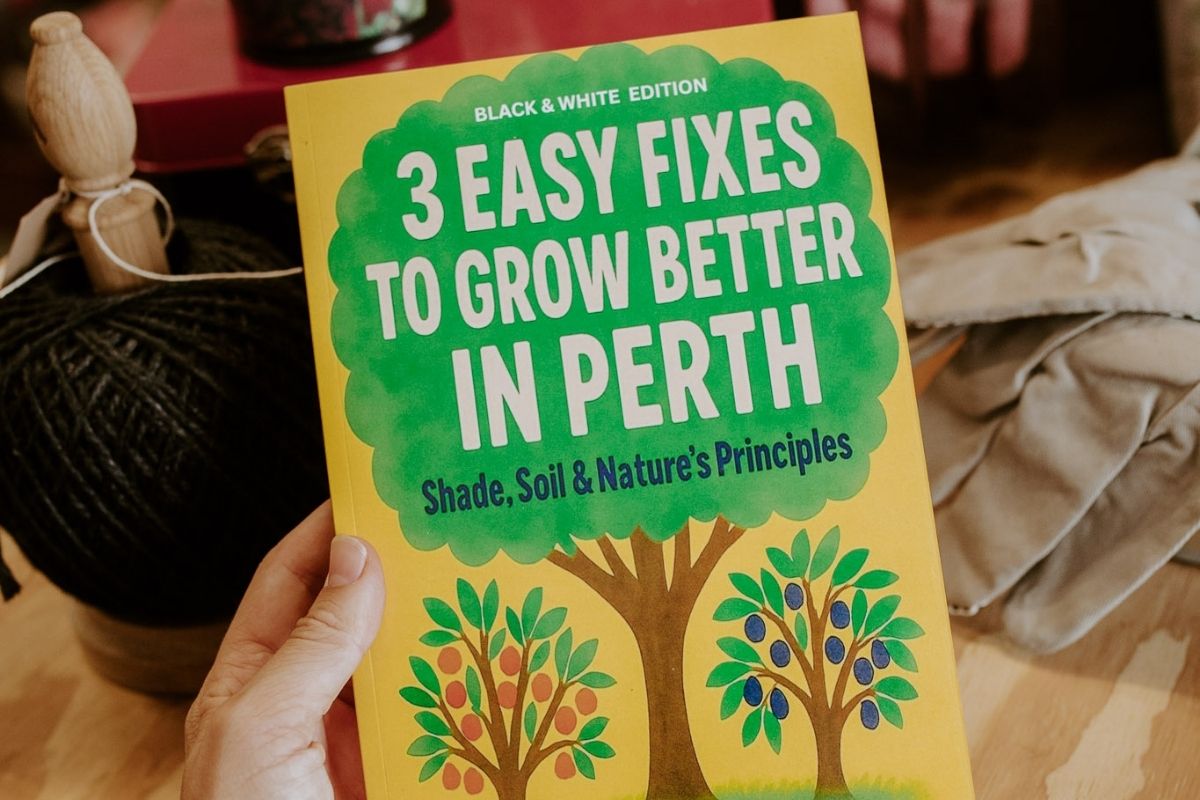
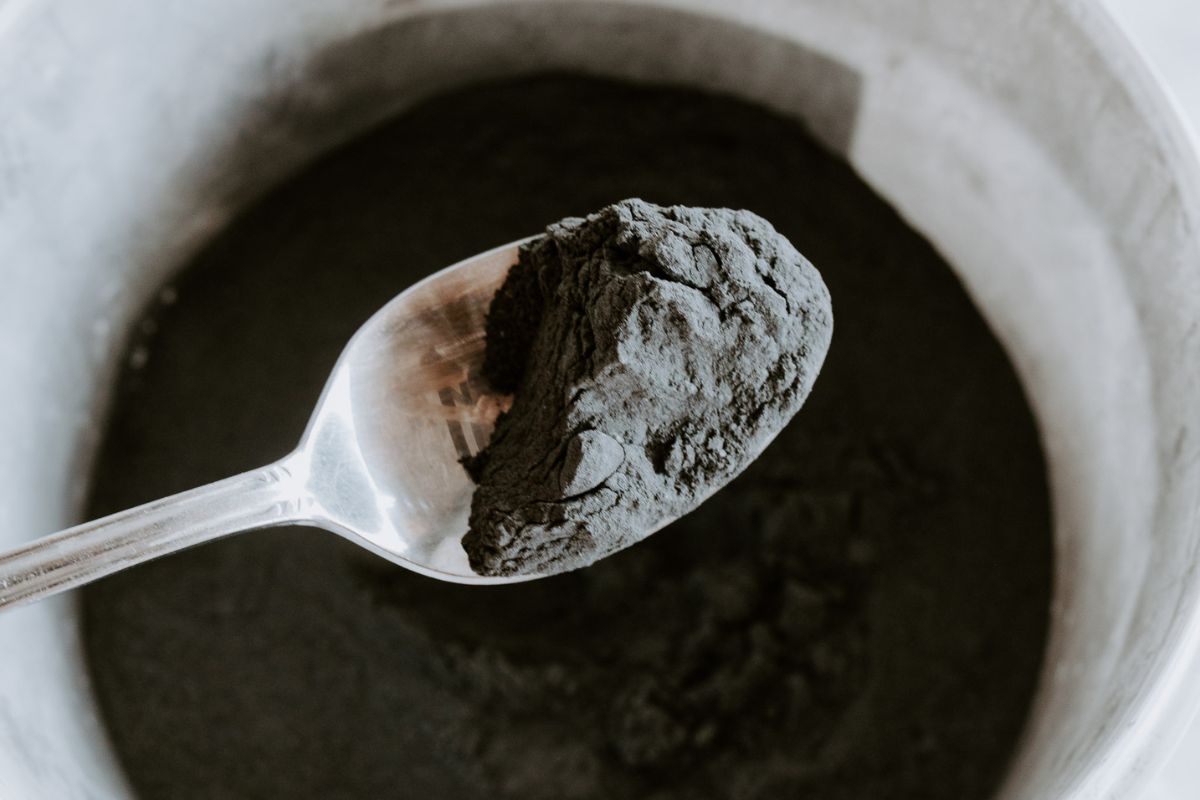
tree trimming training Coffs Harbour
October 13, 2023
A specialty tree service can provide you with an arborist report so that you can know the proper care and maintenance your trees need for health and longevity.
https://www.powersafetytraining.com.au/closeapproachveg